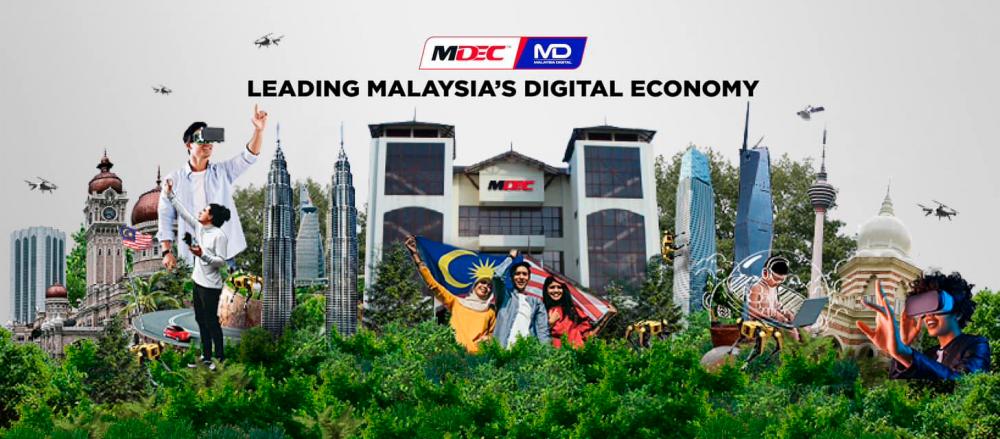PETALING JAYA: The Malaysia Digital Economy Corporation (MDEC) is promoting its DE Rantau digital nomad programme, which was introduced in 2022, with Terengganu being the latest state to have it implemented after Penang, Langkawi, Malacca, Kuala Lumpur and Perak.
The state-level DE Rantau@Terengganu launch was held at Kampung Budaya Terengganu and officiated by Tourism, Culture and Environment State Executive Councillor Datuk Razali Idris, who represented Menteri Besar Datuk Seri Dr Ahmad Samsuri Mokhtar.
Others present were Digital Ministry secretary-general Fabian Bigar and MDEC chairman Syed Ibrahim Syed Noh, who said the launch was made even more special with a familiarisation trip organised by the Terengganu Tourism Department and MDEC.
“Over three days and two nights, 40 local and foreign digital nomads and their family members will be taken to several major tourist spots, including the Terengganu Drawbridge, the Terengganu River Cruise, Kapas Island, the Crystal Mosque, Payang Market and other attractions in Kuala Terengganu.
“This indicates MDEC’s commitment to creating destinations where digital nomads can thrive, recharge and find new inspiration while living in Malaysia,” said Syed Ibrahim.
He said the growing DE Rantau digital nomad community is actively participating in events organised by MDEC and its ecosystem partners, underscoring the programme’s effectiveness and the country’s appeal as a digital nomad destination.
He also said Terengganu offers a unique blend of beaches, cultural heritage and natural beauty, making it the perfect escape for digital nomads seeking to rejuvenate.
Through the DE Rantau programme, Malaysia aims to be positioned as Southeast Asia’s preferred digital nomad destination while driving digital adoption and tourism nationwide.
Since its introduction, the DE Rantau Nomad Pass, which is an immigration facility created specifically for foreign digital nomads, has been improved.
“It is accessible to non-tech professionals, enabling a broader range of global talents to experience working remotely from Malaysia. Additionally, the requirement to submit a bank guarantee for citizens of China and Bangladesh has been replaced with the option of either a security bond or personal bond.”
Syed Ibrahim said the change reflects MDEC’s dedication to making Malaysia more accessible and welcoming to digital nomads from around the world.
He said the DE Rantau Nomad Pass has received over 3,500 applications, with 1,741 being approved.
The programme also offers a vibrant ecosystem with 2,183 DE Rantau Hubs, which are accommodations certified by MDEC for their strategic and safe locations, high-speed broadband connectivity and work friendly amenities.
“MDEC has collaborated with 16 DE Rantau Ecosystem partners in various sectors, such as transport, tourism, cashless services, healthcare, insurance, and co-working spaces.
“We are continuing the work to improve the programme so that more digital nomads will be attracted to Malaysia as a destination for work and holidays.”
For more information and to apply for the DE Rantau Nomad Pass, please visit www.mdec.my/derantau.









